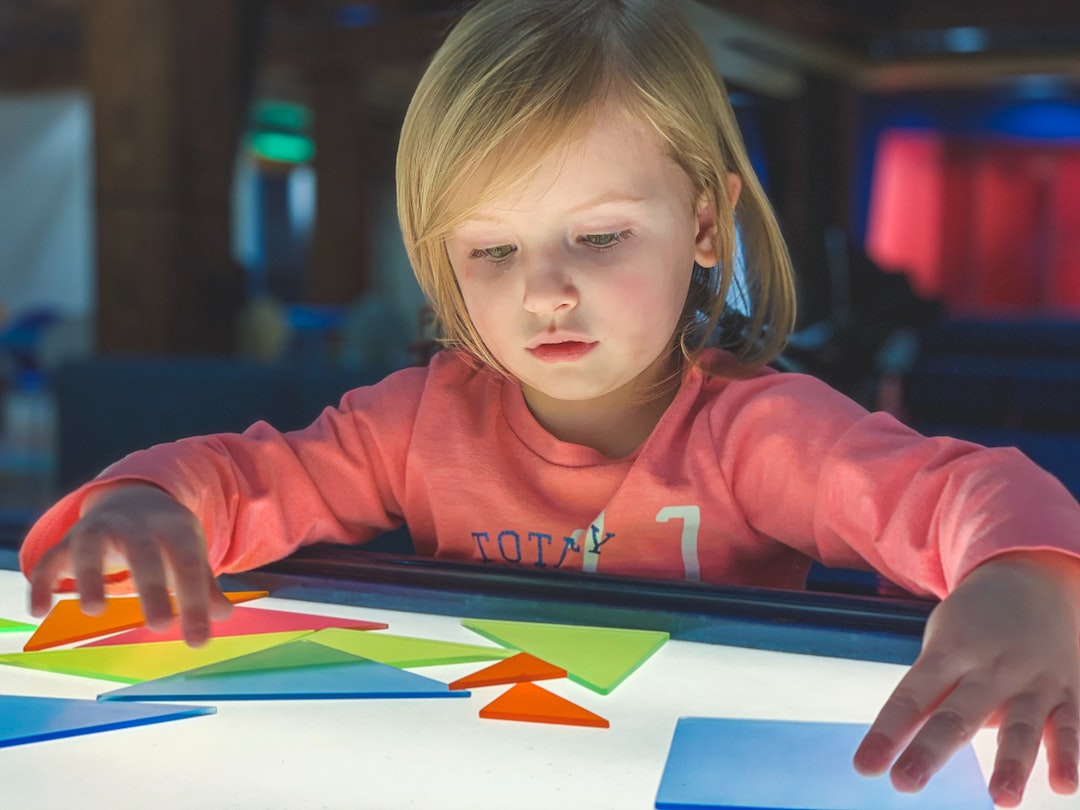Title: The Effects of Video Games on Social Interaction: Debunking Stereotypes and Exploring New Perspectives
Introduction: The Rise of Video Games in Modern Society
In recent decades, video games have become an integral part of our society’s entertainment landscape. With technological advancements and the rise of online gaming platforms, the popularity of video games has soared, leading to both admiration and critique. The perception that video games negatively impact social interaction has been prevalent for years. However, it is essential to examine this assumption with a fresh lens and consider the constantly evolving reality of gaming culture.
Understanding the Evolving Gaming Culture
Video games have evolved from solitary endeavors into interactive experiences that foster social connections. In the past, video games were mainly enjoyed by individuals playing alone in dimly lit rooms. However, the landscape has drastically changed, as modern video games frequently incorporate multiplayer components. From team-based shooters to massive multiplayer online role-playing games (MMORPGs), players now have the opportunity to engage with others from around the world.
The Positive Social Aspects of Video Games
Contrary to popular belief, studies have shown that video games can positively impact social interaction. When playing multiplayer games, individuals often participate in cooperative or competitive challenges, fostering teamwork, communication, and relationship building. Gamers learn to work together, strategize, and solve problems while interacting with fellow enthusiasts. These interactions can lead to the development of genuine friendships and social support networks, which extend beyond the virtual realm.
Moreover, online gaming communities provide a platform for players to connect with like-minded individuals who share similar interests and passions. The bonds formed through these communities often extend beyond gaming, resulting in real-life meetups, events, and friendships. Video games have the power to unite people based on shared experiences and common goals, defying geographical boundaries.
Enhancement of Social Skills and Emotional Intelligence
Engaging in video games can also enhance various social skills and emotional intelligence. Many video games require communication and teamwork, encouraging players to hone their ability to listen, express ideas, and work harmoniously within a group setting. Players learn to adapt to different personalities, negotiate conflicts, and build effective communication strategies.
Furthermore, video games often contain intricate storytelling and complex characters, providing players with opportunities to empathize and understand various perspectives. Research suggests that immersive video game narratives can help individuals develop emotional intelligence, as they navigate complex relationships, confront moral dilemmas, and experience a range of emotions. This ability to engage with multifaceted narratives can also result in improved empathy and compassion towards others in real life.
Addressing Excessive Gaming and Potential Negative Effects
Nonetheless, it is crucial to acknowledge that excessive gaming can have adverse effects on social interaction. When video games begin to dominate an individual’s life, excessive gaming can lead to isolation, reduced physical activity, and neglect of real-life relationships. However, it is vital to differentiate between moderate gaming and problematic gaming, wherein addiction becomes a detrimental factor.
Informed Parenting: Nurturing a Balanced Gaming Lifestyle
For parents, it is crucial to support children in creating a balanced gaming lifestyle. Encouraging open communication, setting time limits, and establishing rules around gaming can help children develop healthy habits while reaping the benefits of social interaction and cognitive development that video games can offer. Parents can also engage with their children by playing games together, thus fostering opportunities for shared experiences and bonding.
Conclusion: A Nuanced Perspective on Video Games and Social Interaction
In conclusion, the effects of video games on social interaction are more nuanced than conventional stereotypes suggest. While excessive gaming can lead to negative consequences, moderate and balanced engagement in video games can enhance social skills, foster teamwork, and forge new connections. The ever-evolving landscape of video games offers a diverse range of experiences, from solo adventures to interactive multiplayer platforms, making it vital to reevaluate preconceived notions and embrace the potential positive effects video games have on social interaction in the digital age.

